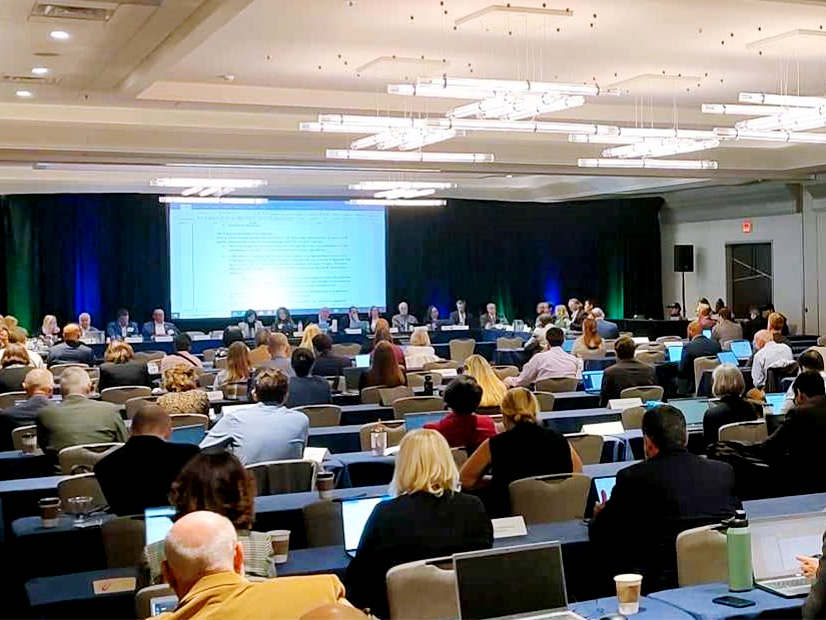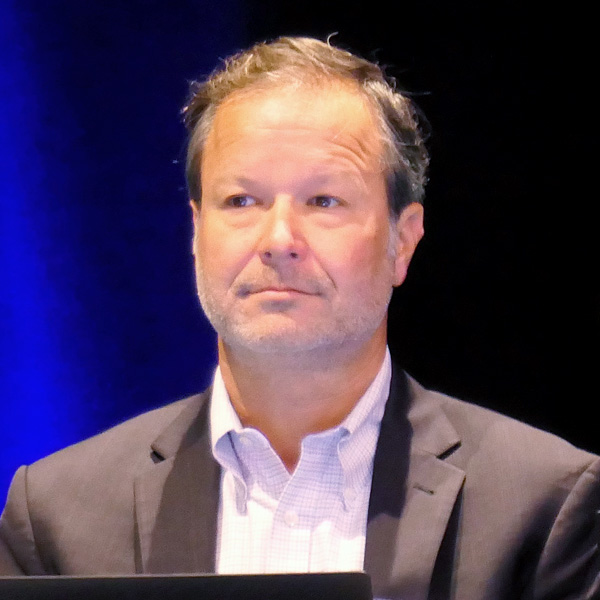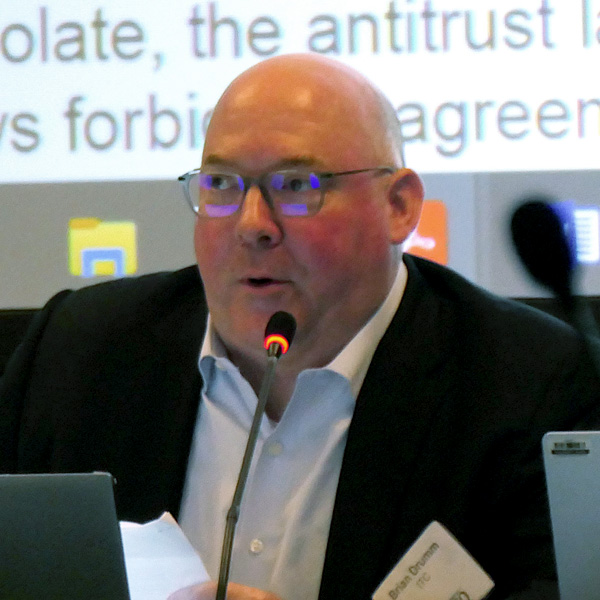INDIANAPOLIS — At their quarterly meetup, MISO members largely agreed there won’t be an easy path to achieving decarbonization affordably for customers.
“We’ve gone from talking about rates, to talking about energy burden to now talking about energy wallet,” Sarah Freeman said, introducing members’ chosen topic, “Affordability, Sustainability and Reliability,” at a Sept. 18 meeting of MISO’s Advisory Committee.
“I really don’t think we’re prepared for what the transition is going to cost in the next five to 10 to 15 years,” said Michelle Bloodworth of coal advocate America’s Power. Bloodworth said customers of rural power cooperatives will be particularly hard hit.
Arkansas Public Service Commission consultant Keith Berry said affordability is a chief issue in MISO South, which he said contains some of the poorest residents in the nation. He said he worries what MISO’s third long-range transmission plan (LRTP) portfolio — which will focus on MISO South — may do to customer bills.
“We look with some trepidation on what the costs of Tranche 3 might be,” Barry said.
The Union of Concerned Scientists’ Sam Gomberg said MISO’s Environmental Sector views the three words as interconnected.
“If electricity is cheap, but it’s fouling your waters and making our planet uninhabitable, then it’s not affordable,” Gomberg said.
Clean Grid Alliance’s David Sapper said to further all three, MISO should “unlock the queue without resorting to a queue cap,” finding ways to bring new resources online quickly.
“Resource expansion is the cornerstone of competition, so we need to get the queue moving,” Sapper said. He also said MISO’s transmission owners should use grid-enhancing technologies and dynamic line ratings to leverage the most they can from the existing system and host the greatest number of new megawatts.
Other members said some transmission projects will be better than others at delivering value.
Yvonne Cappel-Vickery, of the Alliance for Affordable Energy, said the industry should work to put a stop to inefficient transmission “overbuilds that starve the regional transmission planning process.”
Cappel-Vickery said some utilities “flock” to new power plants and expensive local lines that come “at the expense of bringing lower-cost resources” to their territories. She said the problem is particularly pronounced among utilities that own transmission and generation.
LS Power’s Sharon Segner also said comprehensive, regional planning needs to trump the local projects that are ubiquitous in MISO’s annual transmission planning.
Gomberg said members must ask themselves if they’re willing to bear near-term costs for long-term benefits.
“If we underbuild, we’re going to leave benefits on the table and risk affordability, sustainability and reliability,” he said, adding that regional transmission needs to be “smart and targeted.”
ITC’s Brian Drumm said there’s no substitute for transmission to achieve all three objectives. He said there’s current evidence that MISO and members have been underbuilding for years.
Iowa Utilities Board Member Josh Byrnes agreed the system to date has been underbuilt.
Multiple stakeholders said bills are opaque and confusing for customers and said some efforts from the industry to help ratepayers understand what’s in their bill could go far.
Gomberg called for a greater commitment to transparency from utilities and MISO but added the simple fact is shareholder-beholden utilities exist to make money.
Gomberg said utilities may include “line items for things that they don’t want to pay for” in customer bills, “chip away at regulatory oversight” and approach state commissions with “inflated costs” in rate cases.
“That’s just the world we live in,” he said, qualifying that he wasn’t taking a shot at capitalism.
In a separate discussion on the state of MISO’s seams, Sustainable FERC Project’s Natalie McIntire said MISO ought to do more to build cross-border transmission.
“As the energy transition occurs and more and more renewables are added to the system and weather events get more extreme, the ability to share across our seams is going to be more important,” she said.
McIntire said MISO so far has provided “very little to no” insights into the scope of their recently announced interregional transfer capability studies with PJM and SPP.
On the other hand, the Coalition of Midwest Power Producers’ Travis Stewart said MISO might need to reevaluate “the amount that we lean on our neighbors.”
Stewart said with PJM anticipating supply shortfalls, MISO soon won’t be able to rely on the few gigawatts it receives daily from its eastern neighbor.
“Those megawatts are going away,” Stewart warned, saying MISO would be well-served by internally becoming resource and energy adequate so neighbors can begin to lean on MISO.
Vice President of System Planning Aubrey Johnson said seams projects might have been inhibited thus far because other RTOs haven’t been as interested in scenario-based long-range transmission planning as MISO has been.
“Ultimately, I do think there’s an attitude of ‘solve your own problems first,’” Johnson said. He added that MISO’s neighbors’ interest in interregional projects might grow after they approve their own major portfolios.
“I think Order 1920 is going to bring the other regions along,” Drumm agreed.






